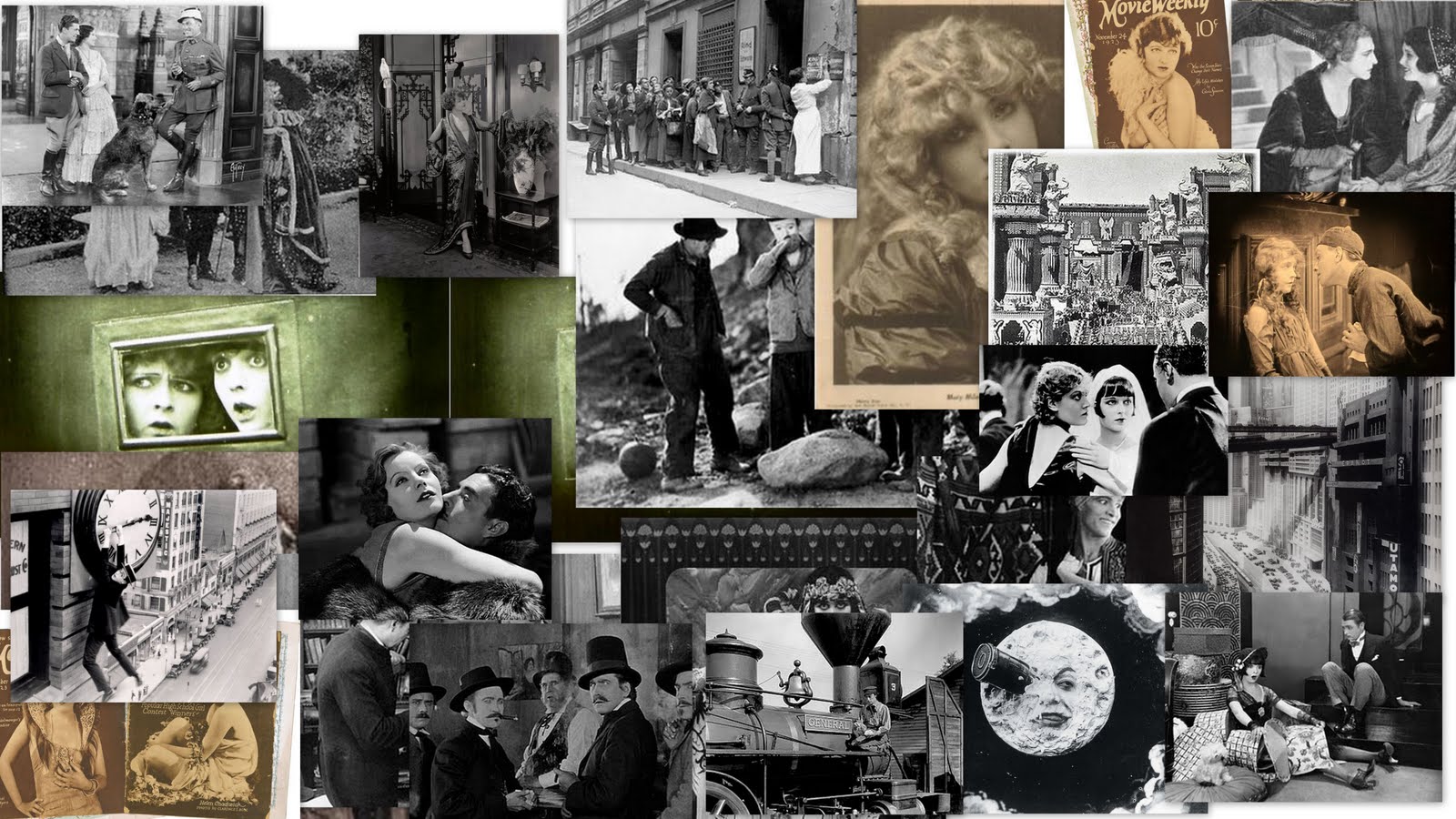This is a film by Biograph studios of New York, directed by famous D.W. Griffith (who started working at the studio in 1908 as an actor and soon became a director and chief direct of Biograph) and one of protagonists is Mabel Normand, one year before she moved together with Mack Sennett and Fred Mace to the Keystone studios, which had just been founded. It is interesting to see Mabel acting in a non Keystone, drama film.
Mabel Normand, despite being more famous for her comedies, was a versatile actress and did well in dramas too. When this film was made she was circa 18 years old and already had a natural and convincing acting. In Biograph she played naïve young maidens, damsels in distress, in addition to comedic ladies.
Joseph Graybill (1887 – 1913) is an actor about whom not much is known. He passed away in 1913 still in his 20s and had a successful career both on stage and cinema and is more noteworthy for having worked with D.W. Griffith in his first years at Biograph studios.
The title of this film is self-explanatory and the plot has some typical Griffith`s touches, especially in the moralizing end. An example of that is evident already in the first intertitle, which says: “His sweetheart`s influence saves him from dishonor”. Back to an era when having a good social reputation was something taken much more seriously than nowadays.
A young clerk (Joseph Graybill) is engaged to a stenographer (Mabel Normand). His old friend had just won lots of money in the stock market, which encouraged him to also invest his money this way. He was so impressed that he actually used all his savings to purchase stocks. Unfortunately, things did not happen as planned and he had to put up another two thousand dollars, otherwise he would be wiped out, as one of intertitles says. He could not afford doing so and the fear of losing all his money made him consider stealing money from a hotel.
However, his sweetheart (Mabel Normand) found it out and prevented him from doing so. Also, his thoughts about his mother made him thinking twice and it became clear that he only considered stealing the money out of fear of losing all his savings and not being able to provide a good future both for himself and his future wife. The happy ending happened because honesty and morals were preserved and it is not worth it being unscrupulous or immoral, this is the usual message of Griffith`s cinematic work.
A plenty of Griffith`s films discussed the effects of addictions, poverty and adultery over families. A recurrent theme was also the virginal, Victorian heroines, who Lillian Gish embodied so well. Those women also had high morals and kept their families united, even when the father/husband was too weak to do it himself. It often turned out that the man regretted his mistakes and reunited with his family, immediately being forgiven by his understanding spouse. Although such plots would be a bit too sexist for nowadays` standards, they show to modern audiences how life was like when things were simpler and the urban life had not fully taken root.
